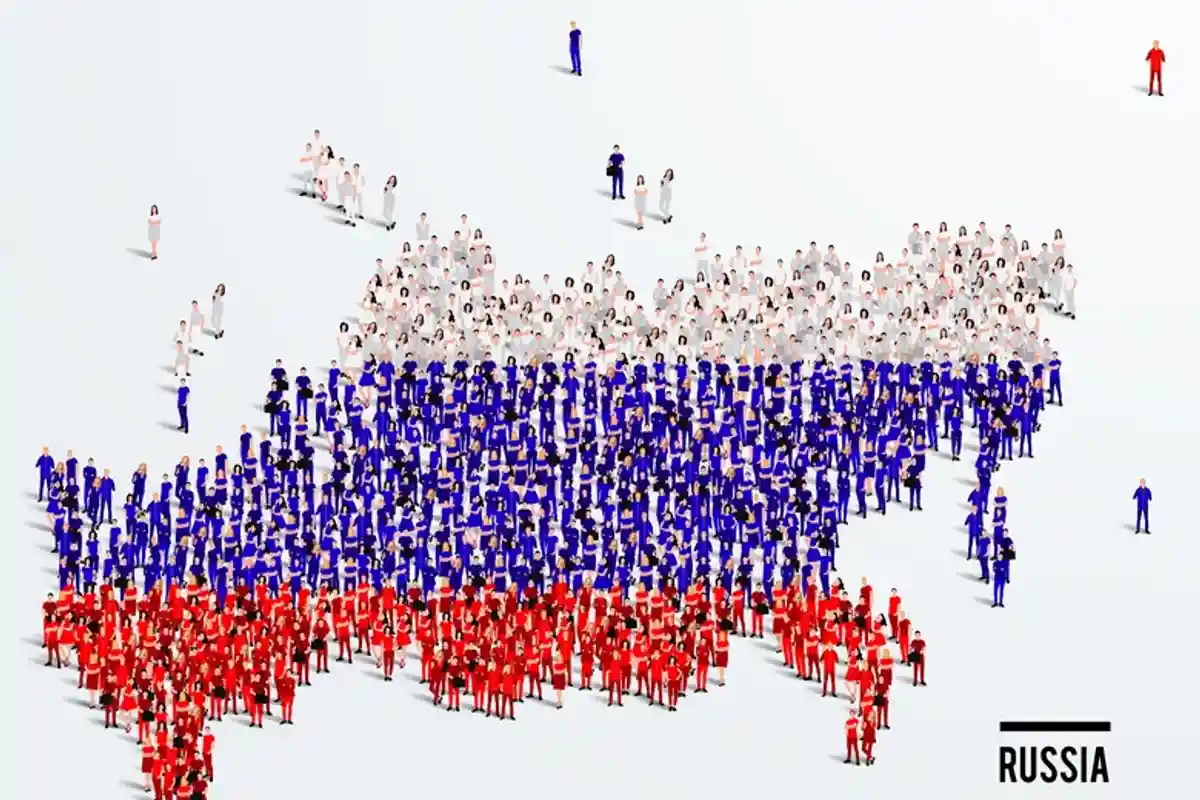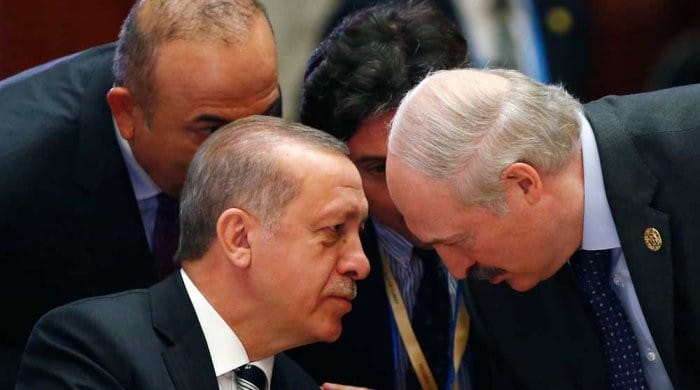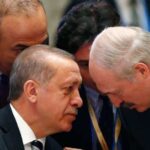On 9 July 2025, several independent outlets, including Radio Svoboda, The Moscow Times, Kavkaz.Realii RFE/RL, Kasparov.ru, and Tsargrad reported that Russia’s Federal State Statistics Service (Rosstat) has classified key demographic data as state secrets. Notably, the July 2 report on the socio-economic situation omitted an entire section on demographics. The last public update on this data was in March, and regional demographic breakdowns had already ceased earlier.
Expanded secrecy under new decree
This move follows a decree signed by President Vladimir Putin on 24 June 2025, which broadened the scope of classified information to include data related to mobilisation preparation and population shifts. The classification aims to minimise leaks about military losses and population outflows, reflecting concerns over Russia’s internal security. Experts attribute this tightening partly to Defence Minister Andrey Belousov’s initiative to purge “ghost soldiers” from military records. Lists of missing and deceased personnel, shared with regional civil registries, inadvertently raised official mortality figures, further complicating demographic assessments.
Controlled access and demographic challenges
According to demographer Alexey Raksha, Russian specialists now require personal authorisation and official purpose to access demographic statistics. This restriction serves to conceal not only military casualties but also broader demographic problems worsened by declining birth rates and emigration. Member of the Family Policy Commission expert council, Inna Gorislavtseva, linked the data blackout to policy failures: government support programmes for families have not yielded expected results, creating a disconnect between policy goals and outcomes.
Missing data and population trends
Previously, the concealed demographic section contained statistics on Russia’s permanent population, migration flows, birth and death rates, internal relocations, refugee distribution, and origins of temporary asylum seekers. Official numbers show a population decline from 146.7 million at Putin’s rise to 143.8 million today—a figure including over 5 million residents of Crimea and Donetsk and Luhansk regions. Excluding these annexed or contested territories, the real demographic picture is obscured under the new secrecy rules.
Public reactions and demographic realities
Public commentary reflects frustration and resignation. Critics argue that despite multiple “family years” declarations (2006, 2008, 2024), and incentives like maternity capital, Russia continues to face a demographic crisis. Some view the data classification as a way to avoid confronting the stark reality of population decline and unsuccessful policy measures. Protopriest Andrey Tkachev lamented the erosion of traditional large-family values, blaming cultural shifts for dwindling birth rates.
Meanwhile, official messaging insists the demographic problem is solved, pointing to targets like a birth rate coefficient of 1.7 for 2024, as declared by Putin. The sealed data, however, fuel scepticism amid fears that hiding the statistics serves to mask military losses and population attrition exacerbated by the ongoing conflict and economic difficulties.
Broader implications
The move to withhold demographic data signals a tightening information environment in Russia, with implications for transparency and governance. It limits domestic and international ability to assess the full scale of demographic decline, a factor critical for long-term planning and regional stability. The situation underscores growing state control over sensitive statistics amid geopolitical and social challenges.













